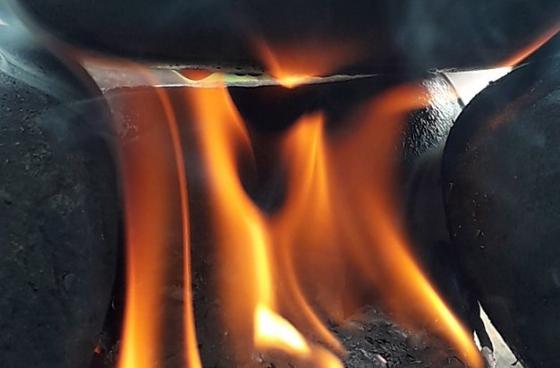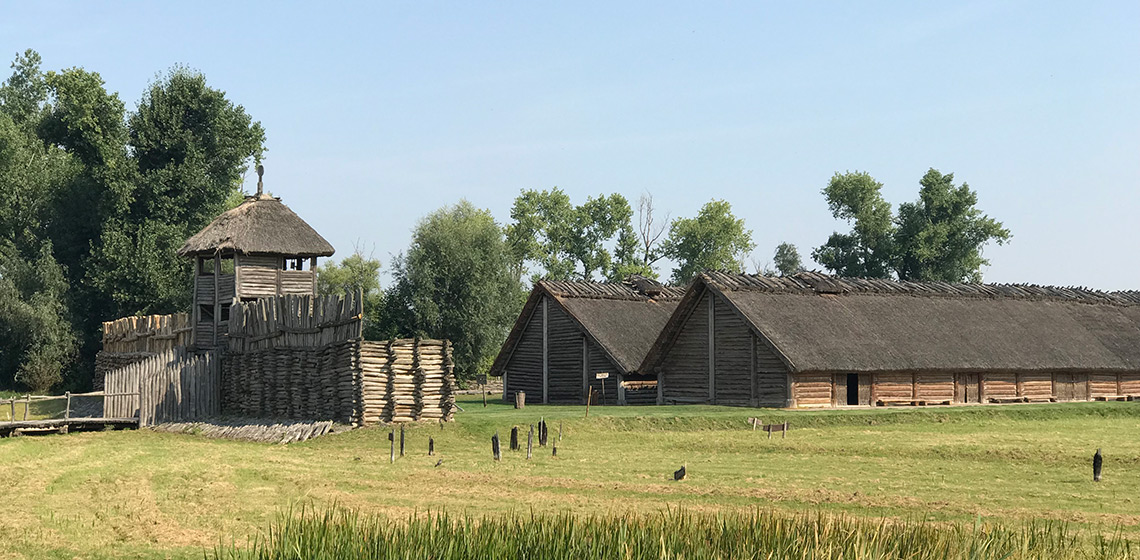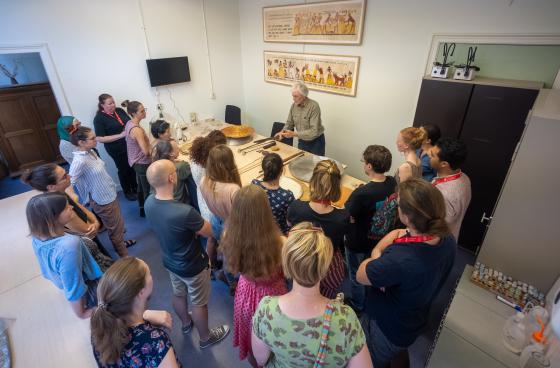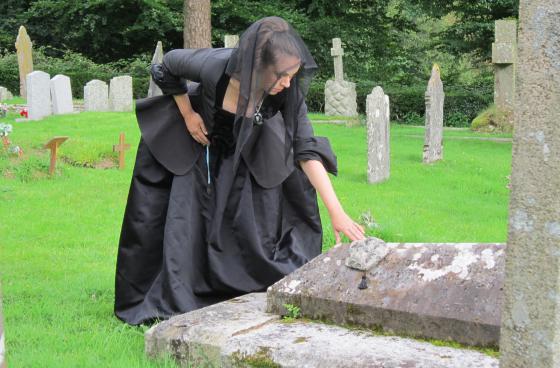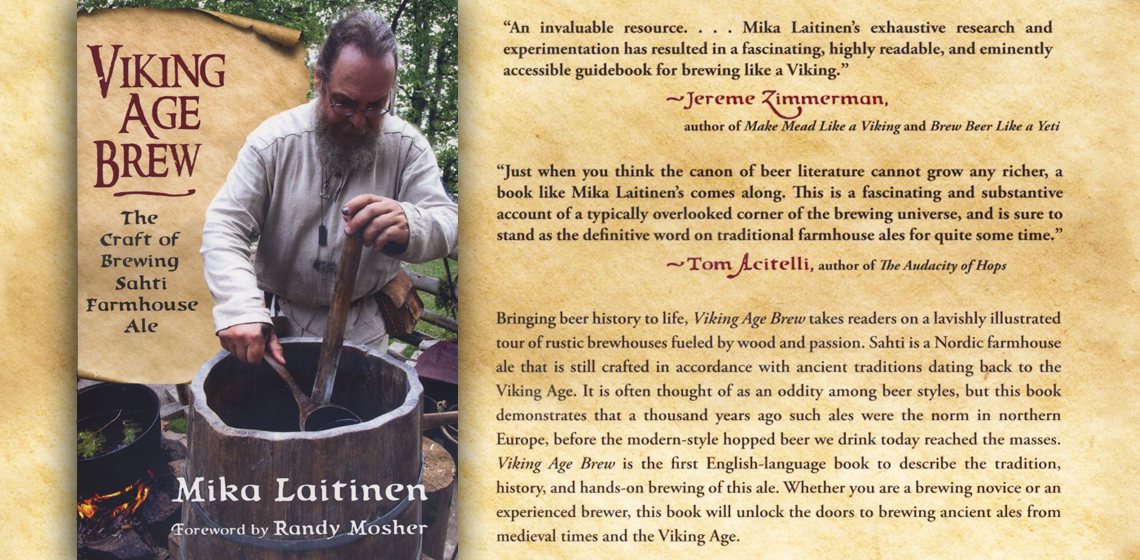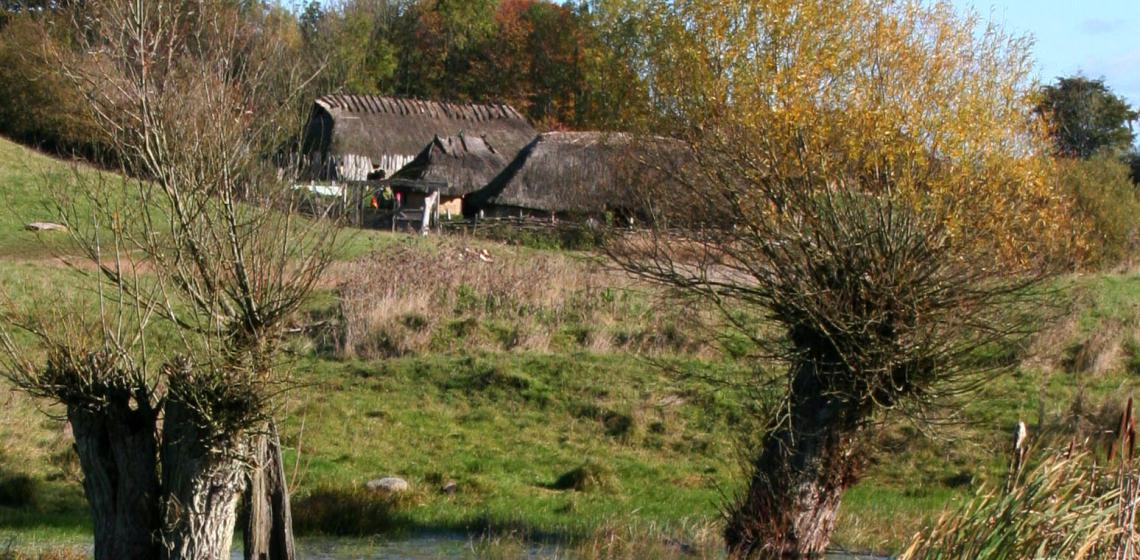Since 1998, the course Experimental Archeology, Ethno-archeology and Simple Technology has been offered every fall semester at the University of Copenhagen. The pillars have been the same every year: 10-14 students from many different subjects, craftspeople, guest lecturers and two teachers.
The course consists of four elements:
1) Introduction to research history and theory
2) Presentation and discussion of selected case studies in lecture form, where the experimental-archaeological method and the interaction with the other disciplines are central elements
3) a series of practice experiments and technology studies as well
4) presentation, discussion and perspective of the experiments performed.
The course is offered in collaboration with the Viking Ship Museum in Roskilde and with Sagnlandet in Lejre.
